Is boiling water as good as water from a water filter?
Traditional methods of boiling water and modern water filter technology each have their own characteristics, advantages and disadvantages in providing safe drinking water. So, which one is better, boiled water or water treated with a water filter? This article explores this issue in detail.
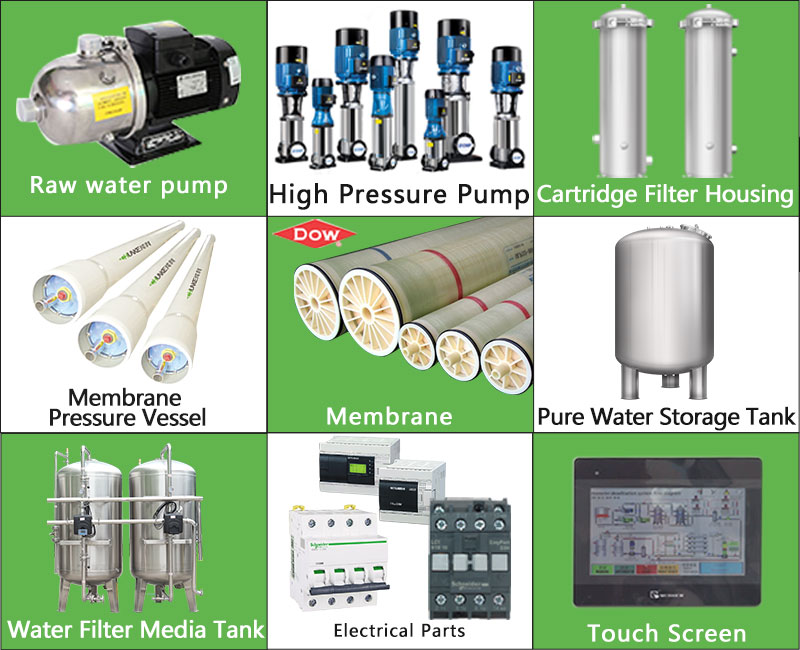
The principle and effect of boiling water
Boiling water is a time-honored drinking water treatment method. Its principle is to make the water safer by killing most bacteria, viruses and other pathogenic microorganisms in the water by heating the water to 100°C.
Advantages of boiling water:
1. Remarkable sterilization effect: Boiling water can effectively kill most pathogenic microorganisms in the water and prevent water-borne diseases.
2. Simple and easy: The method of boiling water is simple and easy, does not require complicated equipment, and can be easily implemented in almost any household.
3. Economical and affordable: Compared with some high-tech water treatment equipment, the cost of boiling water is low and only requires heating equipment and fuel.
Disadvantages of boiling water:
1. Inability to remove chemical pollutants: Boiling water mainly targets biological contamination and is powerless against heavy metals, chemical substances and pesticide residues in the water.
2. The taste may not be good: Boiled water may have a "cooked" taste and lose some dissolved oxygen, making the taste not as good as fresh water.
3. Energy consumption: Boiling water requires a certain amount of energy, especially when a large amount of water is used, the energy consumption and time costs are high.
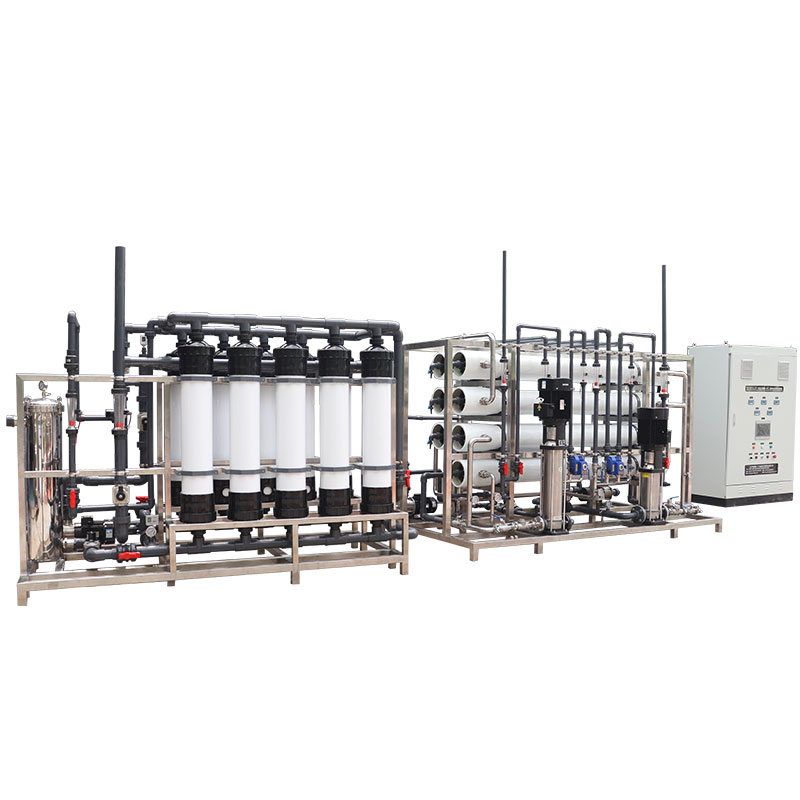
The principle and effect of water filter
There are many types of modern water filter technologies, including activated carbon filters, reverse osmosis (RO) systems, ultraviolet (UV) sterilizers, ultrafiltration (UF) filters, and more. Different types of filters have their own unique filtering mechanisms and applicable scenarios.
1. Activated carbon filter:
● Principle: Use the adsorption capacity of activated carbon to remove odor, residual chlorine, organic matter and some heavy metals in water. Advantages: Remove odor and residual chlorine, improve the taste of water, low cost. Disadvantages: Limited removal effect on microorganisms and some chemical pollutants.
2. Reverse osmosis (RO) system:
● Principle: Use high pressure to pass water through a semi-permeable membrane to remove dissolved salts, heavy metals, bacteria and viruses. Advantages: High filtration accuracy and can remove almost all pollutants. Disadvantages: higher cost, produces waste water, requires regular maintenance.
3. Ultraviolet (UV) sterilizer:
● Principle: Use ultraviolet rays to destroy the DNA structure of microorganisms, causing them to lose their ability to reproduce. Advantages: Efficient sterilization without changing the chemical composition of water. Disadvantages: Unable to remove chemical pollutants and suspended particles, requires electrical support.
4. Ultrafiltration (UF) filter:
● Principle: Use ultrafiltration membrane to remove suspended solids, colloids, bacteria and some organic matter in water. Advantages: Retains beneficial minerals in water, no electricity required. Disadvantages: Limited removal effect on dissolved salts and small molecular organic matter.
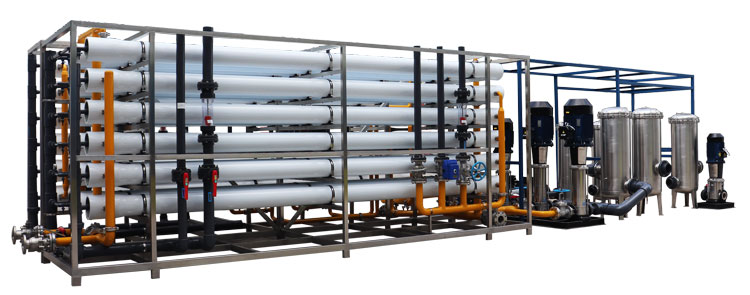
Comparative analysis of boiling water and water filter
In order to better understand the advantages and disadvantages of boiling water versus water filters in providing drinking water, here is a detailed comparison from several key perspectives:
1. Sterilization and virus removal effect
● Boil water: Effectively kills most bacteria and viruses, but is ineffective against some high-temperature-resistant microorganisms.
● Water filters: Reverse osmosis and UV sterilizers are very efficient at sterilization and virus removal, while ultrafiltration and activated carbon filters are relatively weak.
2. Remove chemical contaminants
● Boiling water: Heavy metals, pesticides and other chemical contaminants in water cannot be removed.
● Water filter: The reverse osmosis system has a good removal effect on chemical pollutants. The activated carbon filter can remove some organic matter and residual chlorine, but ultrafiltration and ultraviolet sterilizers have limited effect in this regard.
3. The taste of water
● Boiling water: Some dissolved oxygen may be lost and the taste will be poor.
● Water filter: Activated carbon filter can significantly improve the taste of water. The water from the reverse osmosis system is pure, free of impurities and tastes good.
4. Cost of use and convenience
● Boil water: The initial cost is low, but it requires fuel or electricity and is easy to operate.
● Water filter: The initial cost is high and regular maintenance and filter element replacement are required, but it is easy to use, especially intelligent products.
5. Environmental protection and energy consumption
● Boiling water: It consumes more energy, especially when water is used on a large scale.
● Water filter: Reverse osmosis systems produce wastewater, but modern equipment is gradually developing towards energy conservation and environmental protection, and other filters consume relatively less energy.
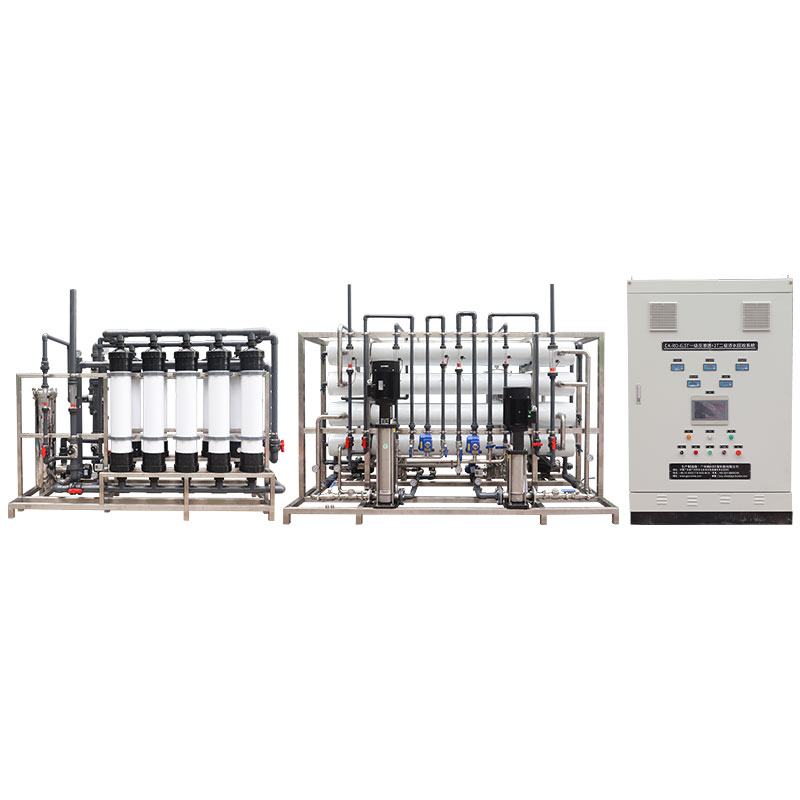
Practical application scenarios and suggestions
When choosing between boiling water or a water filter, you should make a judgment based on the specific application scenarios and needs:
1. Household drinking water
For daily household drinking water, it is more convenient and efficient to use a water filter. The reverse osmosis system can provide high-quality pure water and is suitable for families with high water quality requirements; activated carbon filters and ultrafiltration filters are suitable for families in areas with better water quality, providing affordable water purification solutions.
2. Outdoor activities
When camping outdoors or in an emergency, boiling water is still the most convenient and reliable method of disinfection. Carrying a portable water filter is also a good option to provide safe drinking water quickly.
3. Industrial and public places
In industrial and public places, water filters are more widely used. Large-scale reverse osmosis systems and ultraviolet sterilizers can ensure the safety and quality of large-scale water and meet the needs of different occasions.
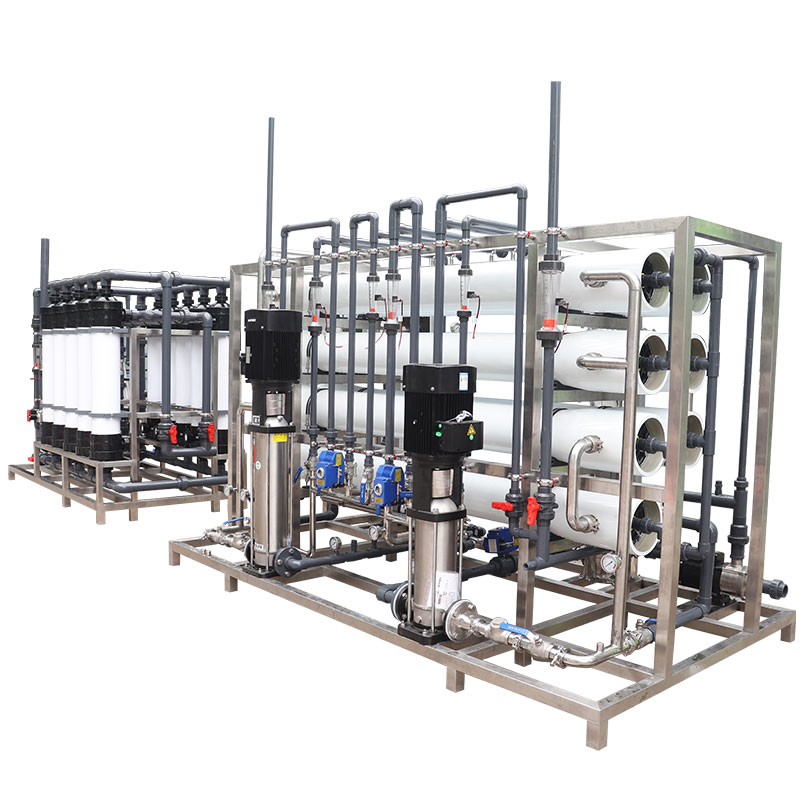
In conclusion
Boiling water and water filters each have advantages and disadvantages in providing safe drinking water. Boiling water is a simple, effective traditional method suitable for emergencies and specific scenarios; water filters provide a more convenient and efficient solution, especially for modern households and high-demand locations.
When selecting, comprehensive considerations should be made based on specific needs, cost budget, and use environment to make the most suitable choice.




